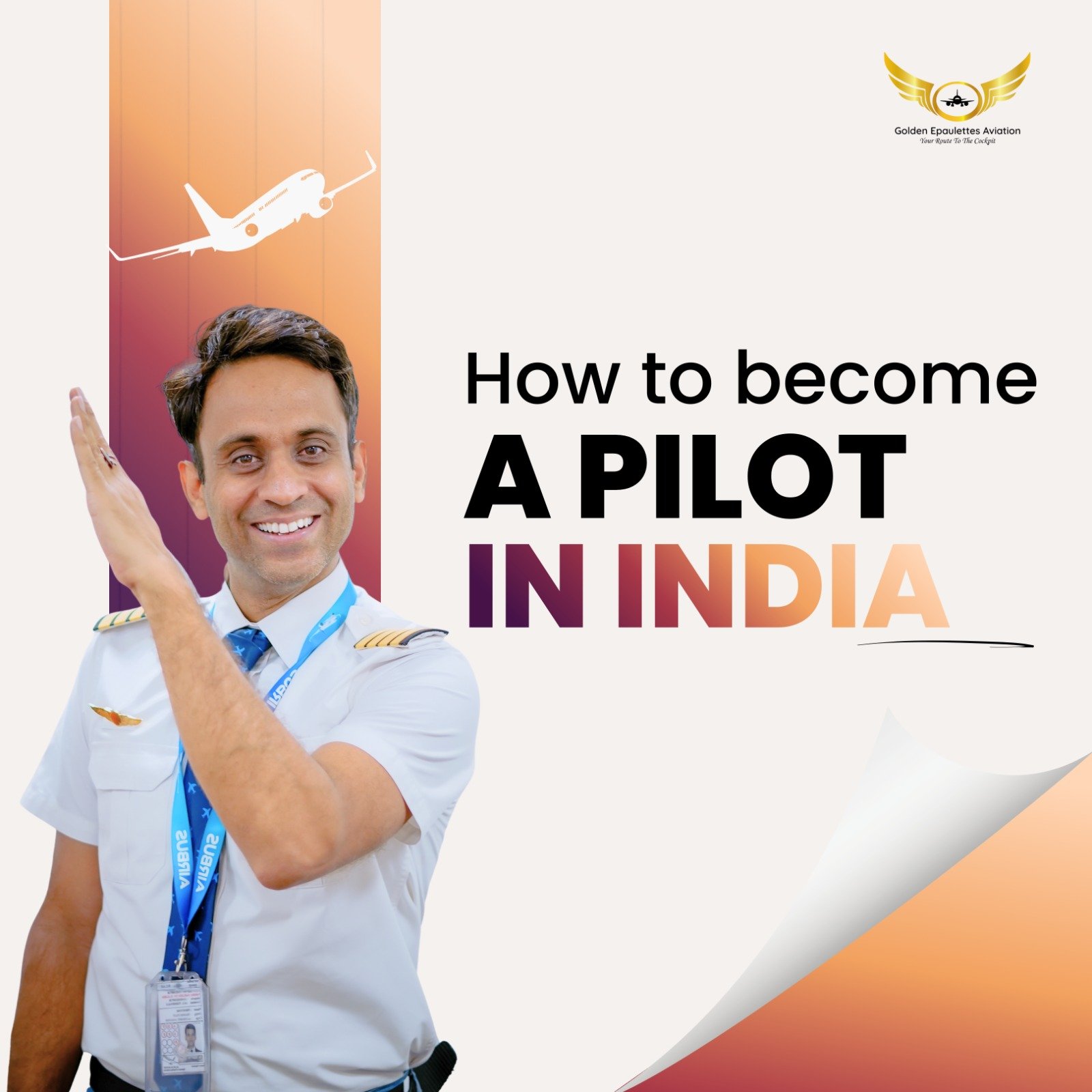Common Mistakes in Simulator Class & How to Avoid Them
Content will be added soon
 Menu
Menu
Pilot Programs
Common Mistakes Made in Simulator Classes
Capt. Tomar Awdhesh
Author

Thank you! Our team will contact you shortly on WhatsApp.